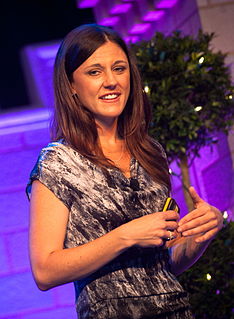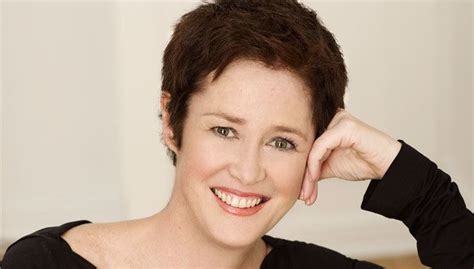A Quote by Catherine Asaro
The teaching fellow establishes the atmosphere of a class in the first few meetings. I have found that students appreciate having the ground rules clearly defined from the start.
Related Quotes
I found great value in teaching students from the outset of their studies how to draw very realistically. Otherwise, you're starting deep into the alphabet instead of having started at the start. If you discard essential things like drawing, design, color and so on at the beginning, then you're just sort of floating out in space, without any basis to work from.
When I was teaching at an institution that bent over backward for foreign students, I was asked in class one day: "What is your policy toward foreign students?" My reply was: "To me, all students are the same. I treat them all the same and hold them all to the same standards." The next semester there was an organized boycott of my classes by foreign students. When people get used to preferential treatment, equal treatment seems like discrimination.
Arriving to class late is disruptive of the learning process. I think that it is disrespectful to both the instructor and the students. I generally find a problem with students being tardy to my 9:10 a.m. class, in which students would come in thirty minutes late to this fifty minute class. I started locking my door at 9:15 second semester.
I just found it interesting to talk to adults I admired, and to discover that the path they took was never all that clearly defined. It was comforting to me when I figured out that you don't have to know what you want to do with your life; you just have to take a few steps in one direction, and other opportunities will open up.






































